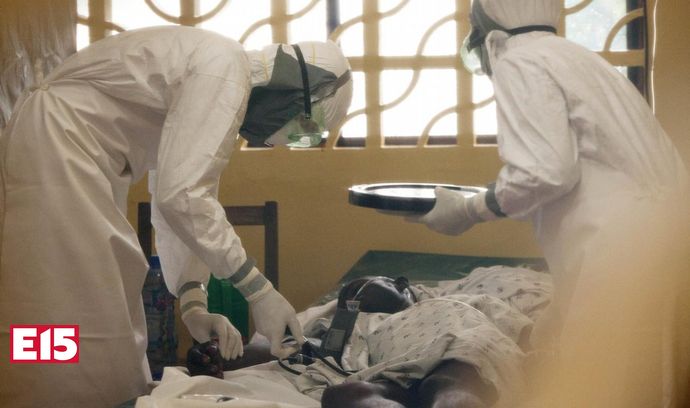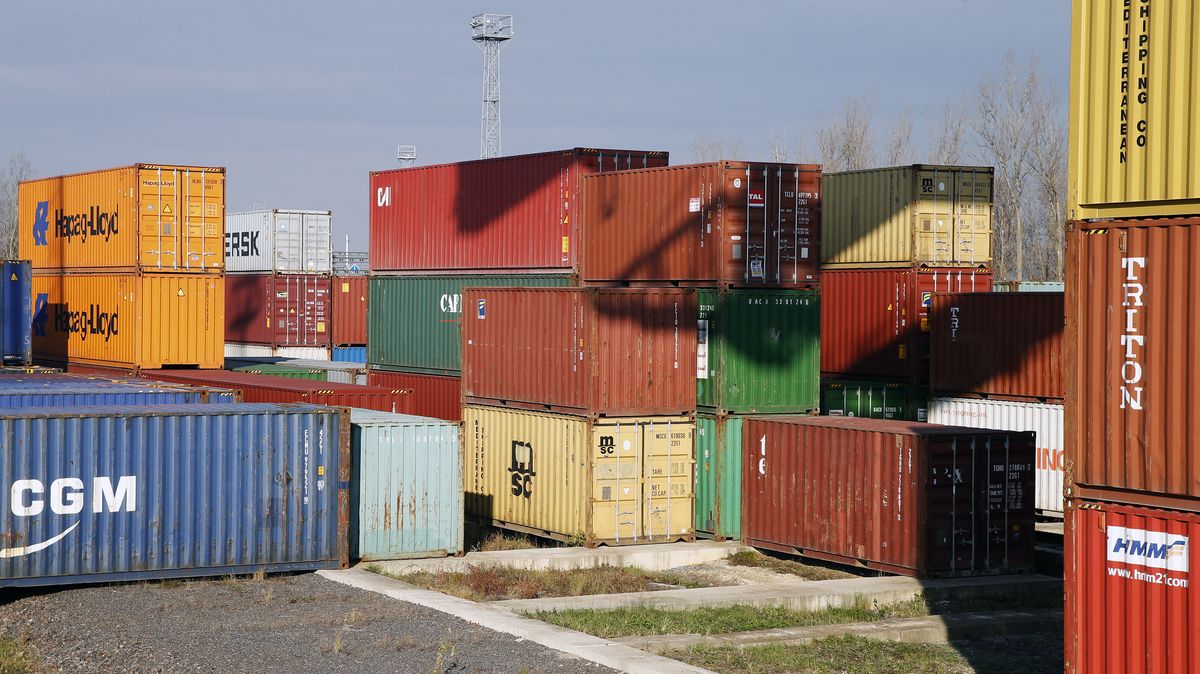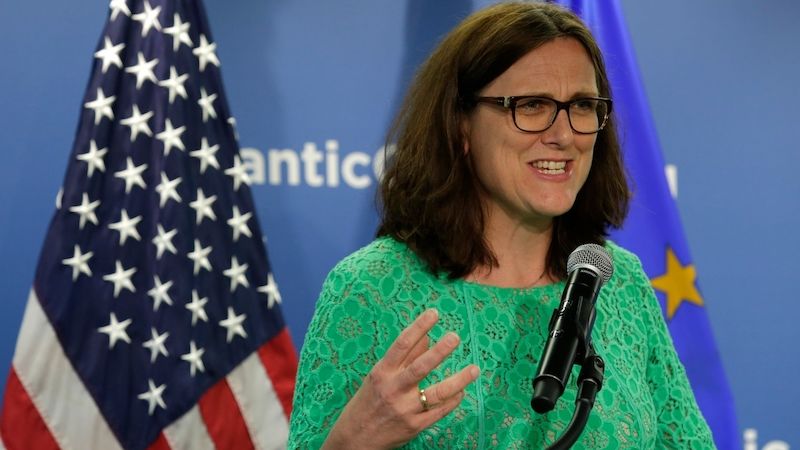Fear of Ebola infection, which has killed more than eight hundred people in West Africa, is spreading around the world. According to the World Health Organization, this is nearly three times as much as during the worst previous epidemics. International financial institutions are preparing assistance for the affected areas. The African Development Bank could release fifty million dollars soon.
“If the situation continues to deteriorate, it could have disastrous consequences in terms of loss of life, but also serious socio-economic disruption and a high risk of spreading to other countries,” said the organization’s head Margaret Chan. The three affected countries – Guinea, Liberia and Sierra Leone – are gradually imposing strict measures against the spread of the epidemic. They are especially focused on border areas, which will be quarantined by the army and police. Meanwhile, Nigeria also confirmed a second case of infection. It’s about a doctor who treats someone who flies in from Liberia with the disease. The infected American doctor, who was brought home, is in a hospital in Atlanta. His condition is reportedly improving.
The big problem is that currently the virus has penetrated densely populated areas. In Monrovia Liberia, corpses are left lying in the streets, increasing the risk of disease transmission. Traditional burials are also at risk. The government has now ordered that all Ebola victims should be cremated. Experts also point out that the health care of the affected countries is under a huge burden. Many doctors and nurses have been infected. The US wants to send 50 experts to the area.
#Ebola death toll in West Africa reaches 887 STORIES: http://t.co/oKYbcaWIxo pic.twitter.com/YsViI1TuV1
— WFAA TV (@wfaachannel8) August 5, 2014
“People in rural areas are not well informed about Ebola. Traditionally they turn to traditional healers and superstitions to treat ailments,” tropical medicine expert Graham Frey told The Irish Independent. There is no medicine or vaccine for the disease which is manifested by fever, internal and external bleeding, diarrhea and vomiting. Mortality reaches up to ninety percent, early treatment increases the chances of recovery. The last serious epidemic hit the Democratic Republic of the Congo in 2007, killing two hundred people.
| Czech Republic hygienist: There is no reason to panic |
|---|
| Leaflets explaining the symptoms of Ebola and advice on where to contact if you suspect infection are starting to be distributed at Czech train stations and airports. According to the Czech Republic’s chief sanitary expert, Vladimír Valenta, during the three-week incubation period, a person is not a danger to the environment, he only spreads the infection when he has symptoms. If such a person appears in the Czech Republic, mechanisms will be triggered to prevent the spread, Valenta assured. So far, there’s no reason to panic. |

“Tv nerd. Passionate food specialist. Travel practitioner. Web guru. Hardcore zombieaholic. Unapologetic music fanatic.”







